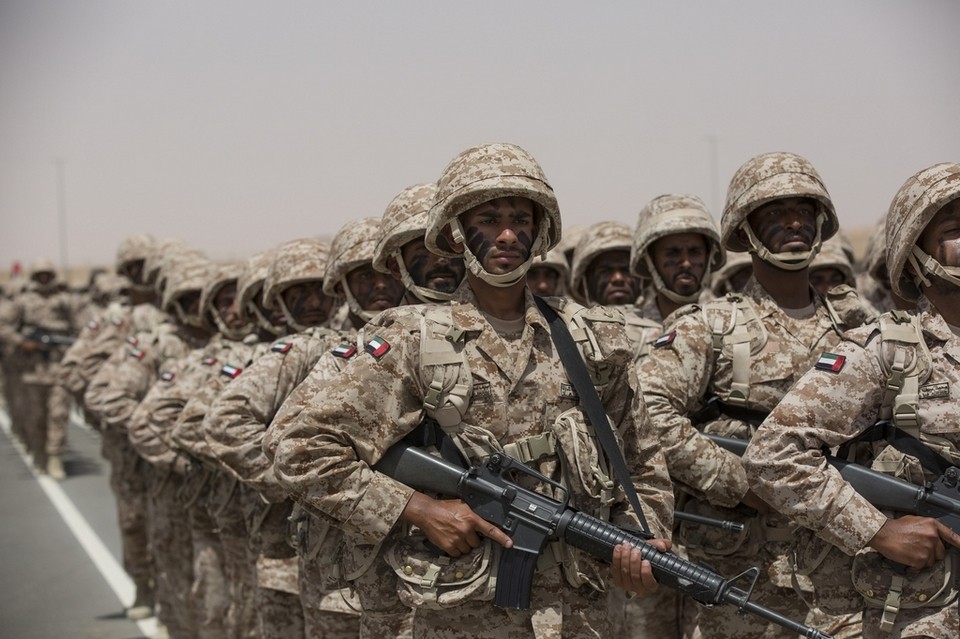ANALYSIS:UAE naval base deal with Somaliland a violation of Somali and international law-legal expert

An act relating to the conclusion of a treaty performed by a person who cannot be considered under article 7 as authorized to represent a State for that purpose is without legal effect unless afterwards confirmed by that State.”

The naval base deal between Somaliland and United Arab Emirates violated national and international law and is therefore null and void, an international law expert has said.
Somaliland’s signature to the agreement with UAE to grant the Middle Eastern country a 30 year lease to establish and manage a military base in Berbera did not constitute the powers and authority of the Somali state, Dr. Ahmed Khayre told Goobjoog News.
“According to publicly available information, the Somali government did not authorize the representatives of the Somaliland authority to act on behalf of Somalia,” said Khayre citing article 7 of the Vienna Convention which posits for a person to be considered a representative of a state, he or she needs to produce appropriate full powers.
Legal effect
Article 8 of the same convention says any act relating to the conclusion of a treaty is without legal effect if the person partaking of the process is not authorized to represent the state, argues Khayre. The Federal Government, Khayre adds has not confirmed such authority rendering the pact inconsequential.
Somaliland parliament passed an almost unanimous vote last month to endorse the agreement with UAE few months after UAE’s DP World won a 30-year concession with an automatic 10-year extension for the management and development of a multi-purpose port project at Berbera.
President Mohamed Farmaajo late last month was reported to have sought the intervention of Saudi Arabia to prevail upon its neighbor UAE to drop the deal. It is not clear how much hand the immediate former Hassan Sheikh Mohamud had on the dealings, a development which Ahmed warns could have been shrouded in secrecy.
Corrupt means
Khayre adds another aspect to consider in questioning the deal is the manner in which it was conducted. “There are reports that some members of the outgoing government of Somalia were involved in the negotiations and surreptitiously gave their consent to the naval base agreement. The unconfirmed report also mentions that money changed hands.”
If this is true, Khayre observes, “Somali government can invoke article 50 of the Vienna Convention which provides that if the expression of a State’s consent to be bound by a treaty has been procured through the corruption of its representative directly or indirectly by another negotiating State, the State may invoke such corruption as invalidating its consent to be bound by the treaty.”
Vienna Convention
Even though Somalia is not a party to the Vienna Convention, the legal expert avers, “The provisions of the convention are construed as part customary international law and are binding on all states.”
Article 54 of the Provisional Constitution singles out foreign affairs, national defense, citizenship and immigration and monetary policy as strictly with the province of the Federal government making the negotiation over a military base a matter to be strictly handled by the Federal Government.
From an international law perspective, Khayre observes, after a state is recognised, the lack of effective government does not in any way impair the de jure existence of the state. Hence, any dealings with the Somalia especially pertaining to the areas mentioned in article 54 must be disposed of by the Federal Government.
Khayre opines all questions pertaining to Somaliland with respect to self-determination are internal matters of Somalia and that the UN Security Council acting under Chapter VII repeatedly re-affirms the territorial integrity of Somalia.